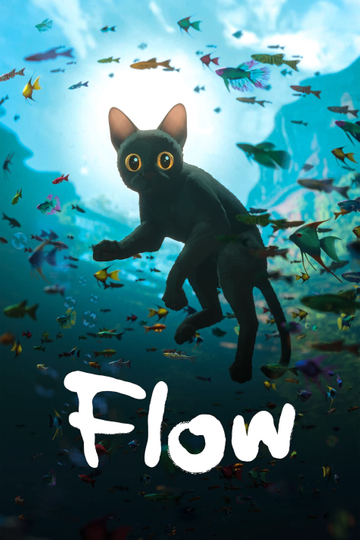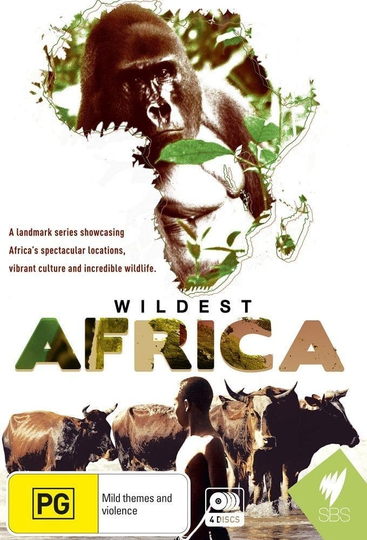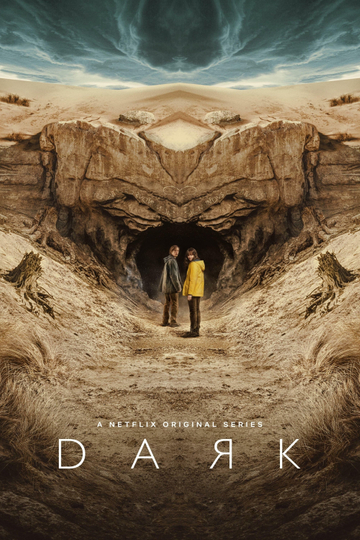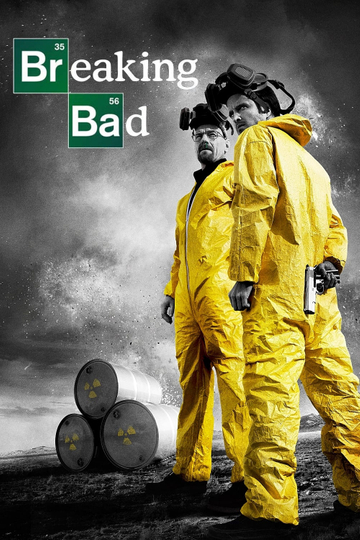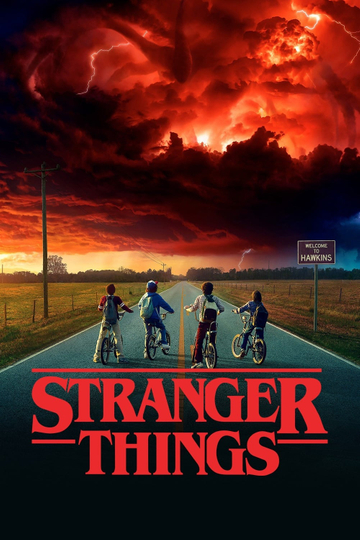Season 1 Episodes
1. Ngorongoro: Born of Fire
Tectonic and volcanic activity created the Great Serengeti Rift and the giant Ngorongo crater, which houses an isolated population of species such as wildebeest and lions which normally participate in the greatest land animals migration, but here are prone to excessive incest, especially since Maasai grazing grounds lock out wild relatives. Other lakes with peculiarities house or host such remarkable populations as most of the world's small flamingos.
2. Namibia: The Sands of Time
Namibia's Namib desert is the result of Atlantic winds eroding ancient mountains. Extremely hot and arid, it requires elaborate adaptations from wildlife and rare tribal populations.
3. Zambezi: Wild Water
For 2000 miles, the mighty Zambezi flows from the Zambian highlands trough Angola, Botwsana and Zimbabwe to Mocambique, to end in the Indian Ocean. Its immense water volume has a massive impact on wildlife in its huge flood areas and trough erosion reshapes its own bed, most spectacularly at the Victoria falls, the world's greatest waterfall.
4. Okavango: Water in the Desert
The Okavango Delta, in northern Botswana, comprises various wetlands, some (river arms and marshes) deep enough for hippopotamuses to live in, many drying out many months, some barely seasonal waterholes. Many species (like buffalo) and people migrate in and out on the flood rhythm, while only the Bushmen survive all year in the neighboring Kalahari desert.

